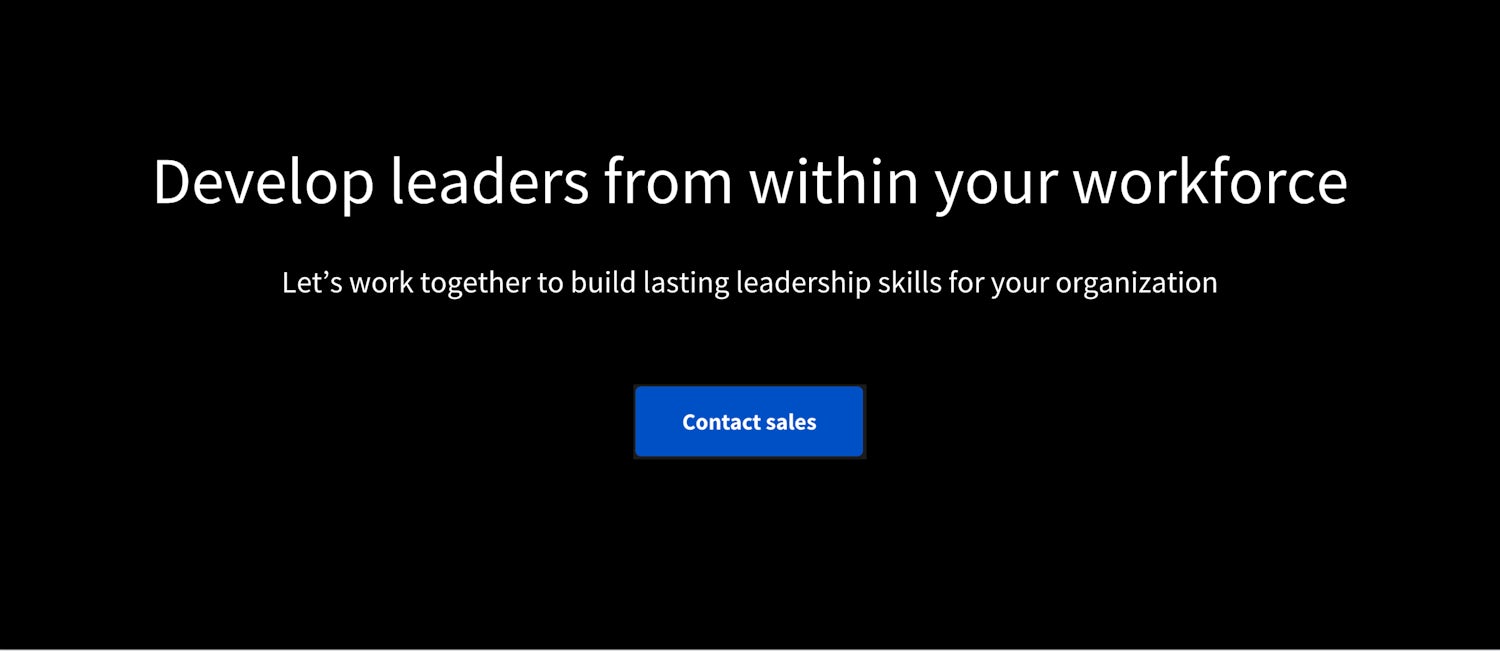Improve Teamwork with These Simple Steps
Teamwork can enhance the workplace in a variety of ways. Discover why teamwork is important and how to improve teamwork within your workplace.
![[Featured image] Team working on a project at a computer server](https://d3njjcbhbojbot.cloudfront.net/api/utilities/v1/imageproxy/https://images.ctfassets.net/wp1lcwdav1p1/23U4GVQscNkbTAAgZ0mWi4/1774bc55f642d58d4ce4fb2bd81f29e5/GettyImages-672157207.jpg?w=1500&h=680&q=60&fit=fill&f=faces&fm=jpg&fl=progressive&auto=format%2Ccompress&dpr=1&w=1000)
As the saying goes, teamwork makes the dream work. Teamwork can improve productivity, bring together different perspectives, heighten creativity, and help companies meet their goals.
Whether you are a team manager or a team member, learning to foster a collaborative environment can drastically improve your workplace's success. This being said, encouraging teamwork in the workplace takes skill and time. Several factors influence teamwork in the workplace, and creating the right conditions to foster this type of collaboration is essential to a healthy workplace environment.
To boost teamwork in the workplace, having a clear understanding of what teamwork is and why it is essential can help align priorities and guide you to a clear end goal. This article examines effective teamwork and gives top teamwork tips to boost collaboration in your professional environment.

What is teamwork?
Teamwork involves a group of people working together to achieve a collective goal. Many industries demonstrate teamwork in different ways. Sports examples are a great way to illustrate different team dynamics. For example, think of a group of relay racers, each taking a leg of the race. In this scenario, each runner motivates themselves to help the team win while working together to complete their task to the best of their abilities. While each racer has an individual responsibility, they must learn to coordinate best to achieve their collective desired outcome.
Another example is how a cheerleading team needs each member to coordinate perfectly to build a pyramid. In this case, each team member directly supports the members around them. The team members must complete their tasks simultaneously in coordinated ways to achieve the end results. This is a different type of teamwork than a relay race team, but both dynamics rely on motivated individuals working to support each other and achieve similar goals.
Corporate teamwork can similarly take on several dynamics. Each team member may have individual tasks they complete that build together to achieve team goals, or members may work cohesively and rely on one another to complete their roles. Knowing your team's dynamic can help promote the best environment to help members—and the company—achieve their objectives.
Read more: Company Culture: Why It Matters
What skills are necessary for successful teamwork?
Successful teams vary in their individual dynamics but often exhibit many core traits. Team members typically must have a clear understanding of their role on the team and the role of each team member’s responsibilities. Team members must also maintain attitudes, knowledge, and skills to perform their roles well and optimize team performance.
In addition, to have a clear awareness of the team dynamics and responsibilities, successful team members often display the following traits:
Clear communication: If team members communicate their thoughts, ideas, and important updates, other team members can make adjustments to help the team succeed.
Honesty and transparency: Team members who are honest with their teams about any concerns and difficulties often build more significant levels of trust and collaboration within the team.
Active listening: Team members need to trust and understand one another to work cohesively toward their goals. Openly listening and considering team members’ thoughts and opinions can help the team function effectively.
Responsibility and time management: Team members must trust one another to adequately prepare for completing their roles. This involves knowing your limits, setting reasonable expectations, and communicating any changes to the original plan.
Flexibility: Many teams change dynamics and individual responsibilities as they progress toward their goal. Successful team members do this in a way that encourages each member's strength and the team's collective goal.
Read more: Why Is Workplace Communication Important? And How to Improve It
How improving teamwork can benefit the workplace.
When teamwork is strong within a professional environment, teams often complete complex tasks and milestones more effectively and efficiently. This is because teams can have a broader skill set than individuals alone, and team members can help support each other through obstacles and brainstorm new solutions to challenges.
Teamwork within the workplace often fosters environments that encourage creativity, communication, less stress, and more fun. This is because team members can work with one another to alleviate stressors, celebrate successes, and share a sense of responsibility and achievement. This also opens communication channels within the workplace, as team members are often in continuous contact to complete their tasks.
Teamwork can also benefit the workplace by encouraging employees' personal growth while minimizing burnout. Teamwork allows employees to take on segments of complex projects with more support and less stress, helping them maintain a healthier balance. Team members can also learn from each other, sparking inspiration and opening members to new ideas for expanding their knowledge and skill set.

How to improve teamwork.
Several strategies can foster healthy workplace teamwork, creating an environment conducive to success, designing diverse teams, and adapting to change. Consider using the following teamwork tips to enhance your work environment.
Clearly communicate roles.
Each team member should be aware of precisely what their role is on the team and how to achieve it successfully. If team members are aware of their roles and the roles of others, they are more likely to have higher levels of clarity and be sure of how to support the team through their contributions, thus reducing confusion and stress.
Agree on well-defined goals.
Well-defined goals lend themselves to helping teams achieve their milestones. With a well-defined goal, teams can break down this goal into manageable steps and celebrate successes. If there is an ambiguous goal, teams may be unsure how to measure their progress.
Encourage trust within the team.
Part of a successful team is trust between members. This starts in the environment of the company or organization. By fostering an environment of trust in the space, team members may be able to communicate and work together more effectively.
Have regular check-ins.
Regular check-ins can keep the project on track and identify any areas of concern early. They also help to build relationships between team members. Check-in meetings allow each team member to speak and report on their status and needs. During check-ins, focus on collaboration and support and try not to micromanage other team members.
Prioritize diversity in teams.
Diversity in teams is important to bring together several perspectives and backgrounds to foster creativity and innovation. Diverse teams may be more likely to challenge one another’s ingrained beliefs or habits and ignite discussions that bring new solutions to mind.
Respect team members.
Respecting team members involves how you speak to them, treat each member’s contributions, and allow members to have autonomy over their work. Team members who feel respected are more likely to be satisfied with their jobs, more productive, and more loyal to the company.
Encourage team members.
Creating a positive environment is key to increasing collaboration and opening channels of trust and transparency. Teams that support each other can better work through conflict and discuss how to conquer obstacles together. Encouragement and celebrating small wins can also help to motivate team members.
Resolve conflict quickly.
Resolve conflict quickly and respectfully with open communication, fairness, active listening, and a collaborative effort to solve the problem. Conflict and tension can derail a team’s efforts, so being proactive about recognizing and reducing conflict can reduce negative consequences.
Be flexible.
Teams often work together for long periods, and goals or personal circumstances may change. A flexible team environment can help members maximize their strengths and create an environment and dynamic that benefits everyone.
Next steps
Enhance your teamwork skills through courses designed for all levels on Coursera. Improve your communication skills with Teamwork Skills: Communicating Effectively in Groups by the University of Colorado Boulder, or increase your performance with High Performance Collaboration: Leadership, Teamwork, and Negotiation by Northwestern University.

Keep reading
- November 29, 2023
- November 29, 2023
- November 29, 2023
Coursera Staff
Editorial Team
Coursera’s editorial team is comprised of highly experienced professional editors, writers, and fact...
This content has been made available for informational purposes only. Learners are advised to conduct additional research to ensure that courses and other credentials pursued meet their personal, professional, and financial goals.